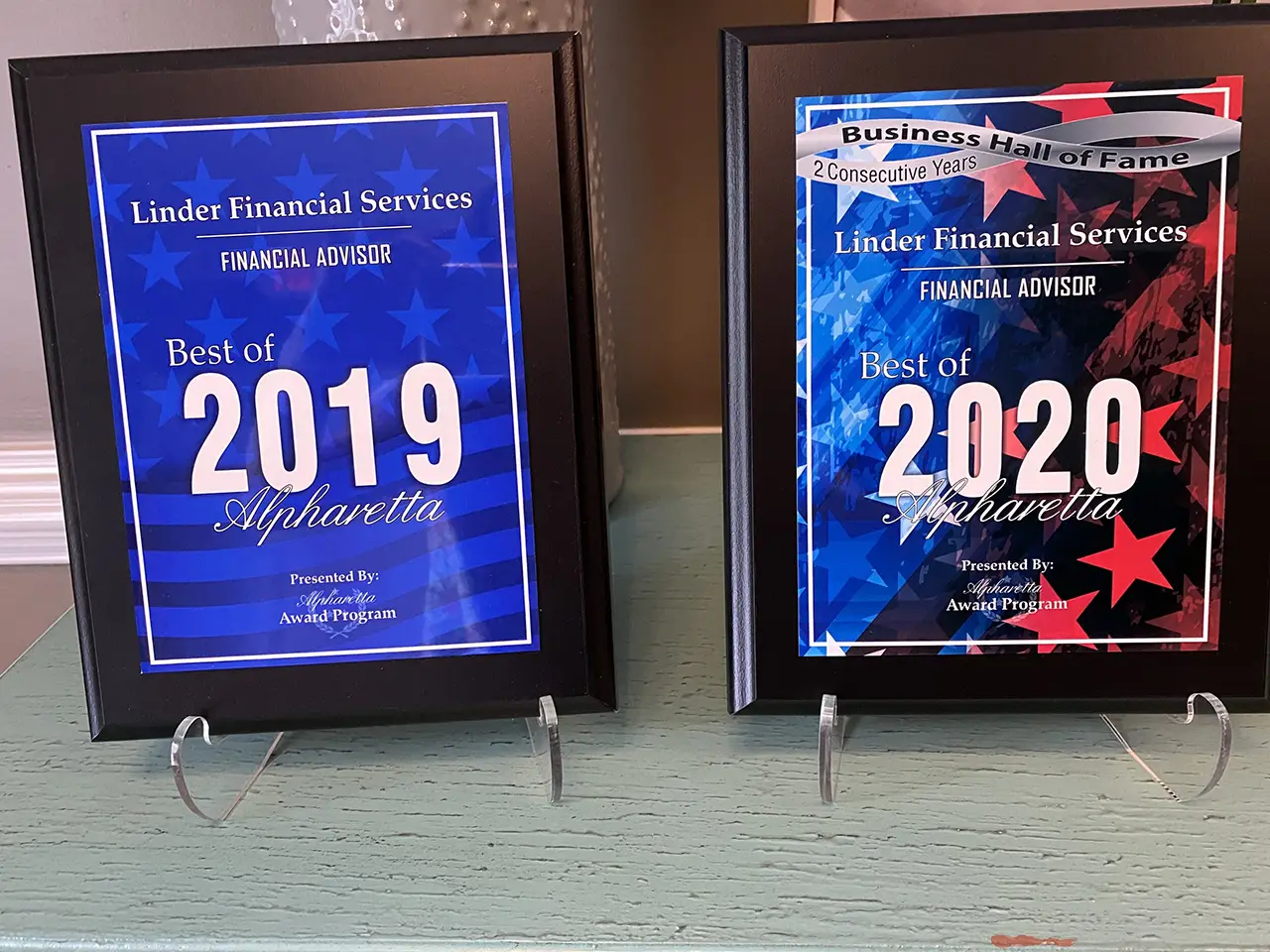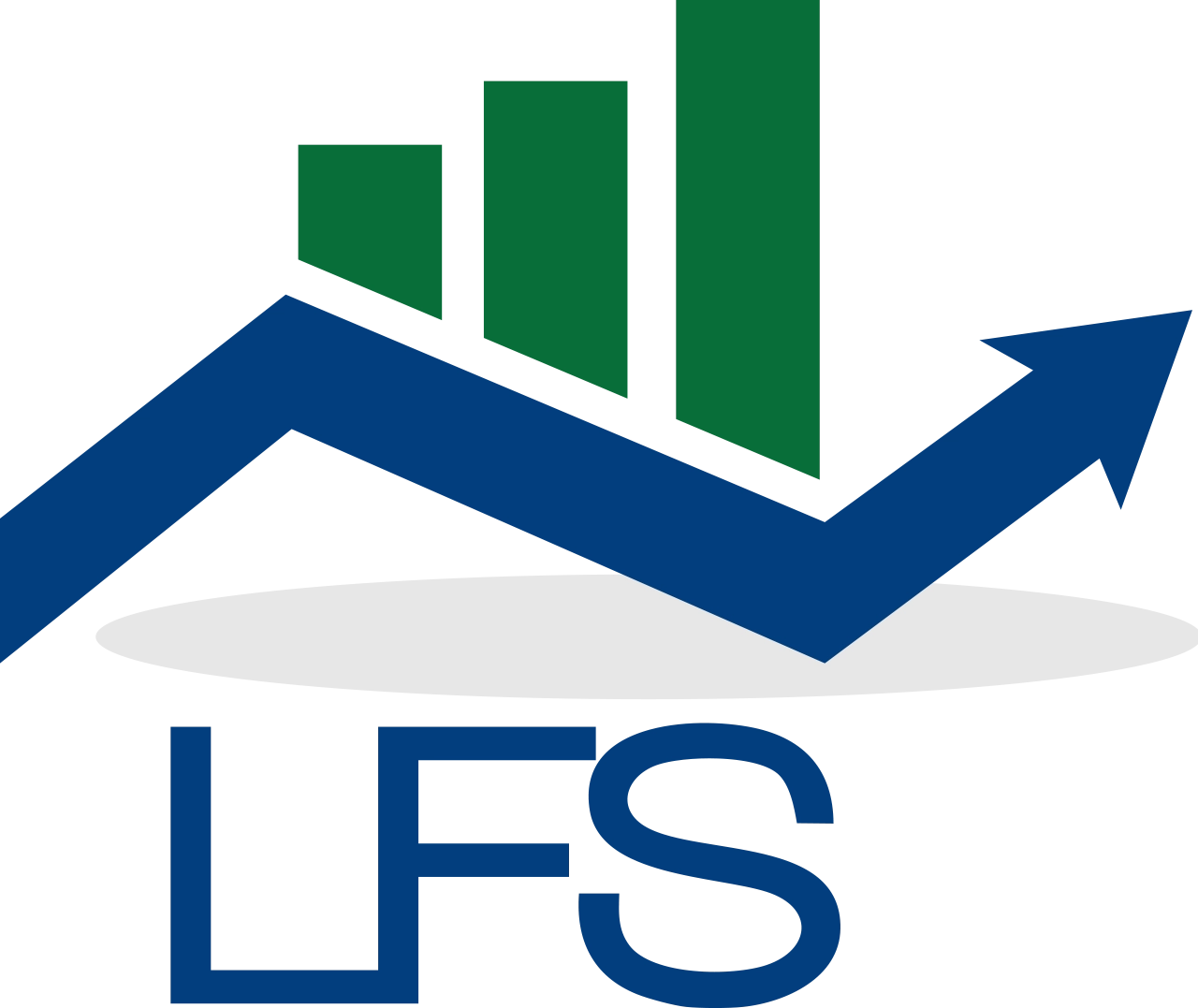Bernie’s Blog
Making the world a healthier, safer and happier place
We are sure this title got your attention and you can’t wait to see what piece of financial wisdom (or lack thereof) is inspiring us this time. Well in truth, we can’t possibly explain the market right now, so we decided to share a more personal and decidedly more important topic…
As some of you know, Marci and I, along with several of our clients and friends, are participating in the Pfizer Covid 19 vaccine trial. As you have undoubtedly heard, there is plenty of coronavirus here in Georgia. The good news about that is that both Moderna and Pfizer are conducting Phase 3 clinical trials here in Atlanta. We have gotten many questions already about what this is experience is like so we thought we would bring all of you on the journey with us. We will go back to our normally scheduled programming in two weeks…
So what exactly is the trial?
The Pfizer Phase 3 work is a double blind, placebo controlled trial with 30,000 participants in the U.S. What that means is that 15,000 of the participants will get the actual trial vaccine and the other half will get a saline (saltwater) injection. No one involved in the trial, including the doctors, the clinical staff or us, knows which we got/will get. There are two identical injections required and they are delivered about three weeks apart. This vaccine has successfully completed Phase 1 and Phase 2 trials which showed the vaccine to be generally well-tolerated and with an ability to generate some antibodies which will hopefully fight the disease. The purpose of the Phase 3 trial is to confirm the findings of Phase 1 and Phase 2 and hopefully prove that this vaccine actually works! As you know, there is no component of the Covid virus in this vaccine candidate.
How did the application process work?
This has been the most surprising part so far. We saw an advertisement for the trial on Facebook and completed a simple form with a name and email address. The next day, the clinical lab called and asked a few more questions – demographics, pre-existing health conditions and availability to come in the next day for the first injection. I assume we applied early and so there were openings for all demographics – basically everyone “gets in” at the beginning but as the recruiting continues, the criteria will likely get tougher as they need to fill slots in all demographic groups. We couldn’t wait to get started but we did talk to our primary care physicians, just to make sure they were aligned with the idea. As expected, they were absolutely fine with our participation!
What happened when we got the first injections?
Marci and I have both had our initial injections – we started about 10 days apart. The initial appointment was about ½ day. Clinical trials generally are measured in years or decades, not days or weeks so the efficiency of the lab could be improved. As much as we would have liked to take over and fix that, you will be delighted to know that we just laughed off that part. There is definitely a sense of urgency though because the sooner there are jabs in arms, the sooner there will be an answer on the efficacy of this vaccine!
After reading and signing about 50 pages of fine print disclaimers and forms, we got a brief physical, followed by the donation of several vials of blood and a Covid test. Although the Covid test absolutely brushed some cobwebs out of our brains, I continue to assert that if we can each give birth twice, we can handle a swab up our nose.
After that it was time for the vaccine – a bit anti-climactic for sure. After that we had to sit for 30 minutes and be cleared by one of the study doctors before we could leave. The doctors were looking for redness or swelling at the injection site. We didn’t have and neither did anyone else the days we were there. We also downloaded a phone app to track and report any side effects or Covid symptoms. And they paid $150 – which we will be investing of course.
And then what?
We were told that the side effects of the vaccine and the placebo after the first injection were reportedly quite mild in the initial phases. Both of us had the expected sore arms for the first day. The sore arm happens with the actual vaccine and the placebo. Neither of us experienced any other side effects. Again that could be because we got the actual vaccine and didn’t have any side effects OR because we got the saline injection. We obviously don’t know. We would have loved to wake up on Day 2 with a little fever to give us a hint that we got the real vaccine of course! Side effects are reportedly a little more common after the second dose but we will see.
How long the trial lasts depends on many variables but we will keep you posted. We are thrilled to be able to do our small part to make the world a healthier, safer and happier place! And we also want to see our parents and our kids, as we know many of you do!
Lori and Marci
Linder Financial Services Again Receives Best of Alpharetta Award
Press Release
FOR IMMEDIATE RELEASE
Linder Financial Services Receives 2020 Best of Alpharetta Award
Alpharetta Award Program Honors the Achievement
ALPHARETTA July 22, 2020 — Linder Financial Services has been selected for the 2020 Best of Alpharetta Award in the Financial Advisor category by the Alpharetta Award Program.
Each year, the Alpharetta Award Program identifies companies that we believe have achieved exceptional marketing success in their local community and business category. These are local companies that enhance the positive image of small business through service to their customers and our community. These exceptional companies help make the Alpharetta area a great place to live, work and play.
Various sources of information were gathered and analyzed to choose the winners in each category. The 2020 Alpharetta Award Program focuses on quality, not quantity. Winners are determined based on the information gathered both internally by the Alpharetta Award Program and data provided by third parties.
About Alpharetta Award Program
The Alpharetta Award Program is an annual awards program honoring the achievements and accomplishments of local businesses throughout the Alpharetta area. Recognition is given to those companies that have shown the ability to use their best practices and implemented programs to generate competitive advantages and long-term value.
The Alpharetta Award Program was established to recognize the best of local businesses in our community. Our organization works exclusively with local business owners, trade groups, professional associations and other business advertising and marketing groups. Our mission is to recognize the small business community’s contributions to the U.S. economy.
SOURCE: Alpharetta Award Program

Part 2: What is a Recession and What Does It Mean to Us?
In our last post, we talked about what a recession actually is. This week, we will talk about what it means to us as investors.
As you know, we do not give individual investment advice on the Blog since each of you have different situations and different plans. But there are a few ideas which all of us can use.
1. Stick to the BIG plan but be ready to adjust the SMALL plan.
As we have talked with all of you over the last quarter, we have continued to emphasize the importance of sticking to the plan! But let’s be honest – that is really easy to say and really hard to do! For many of you that have been through significant stock market volatility (mostly downward!) before or have decades until retirement, you lost a little sleep and didn’t look at the spreadsheet with lots of red too closely. For others, this has been a time of significant concern and second guessing. This has been the first significant market downturn since I joined LFS and I too have had times of concern and second guessing – and I do this for a living! At the end of the day, if you are too worried about your investments to sleep, we need to make a change. We can and will do that with you.
Remember that we are for you – regardless of where you fall on the “worry” scale!
2. Diversification is more important than ever.
We often talk about this and as you look at your own results, you can see why we do. Those fixed income bond holdings have been steady, but not superb performers over the last few years – as planned. But all of us have been really glad we had them over the last several months. Large cap stocks and technology have recovered the fastest so far. Other asset classes and industries hopefully have more upside to come. Expect some portfolio re-balancing to come as asset classes perform very differently through this period.
3. There are opportunities for those with a strong stomach.
It’s really hard to invest when the market is terrible rather than when it’s improving but if you can bear to do it, there are plenty of choices. For those of you that are dollar cost averaging every month and/or re-investing your dividends, you are automatically getting some of the upside.
As you know, we recommend a strong cash or cash reserve position. For some of you, that’s to ensure that you have ample cash for living expenses without having to sell into a bad market. For others, it’s more like a little dry powder for some good potential market opportunities. These market opportunities might be stocks you have always wanted to own but deemed too expensive or funds in industries you think might be near the bottom of the economic cycle (maybe airlines or lodging) or asset classes like small cap equities. It’s a good time to have a “wish list” and maybe some limit orders!
We also have started talking to some of you about some interesting new funds which are designed to take advantage of the new world we all live in now. For example there is an ETF which holds stocks in Covid testing companies and potential therapeutics/vaccines. There is also a brand new ETF which holds stocks in companies which enable employees to work from home (think ZOOM and cloud computing). These are high risk funds but might be interesting to some of you. I wouldn’t invest my entire life savings in these but I might put a few dollars here. There has to be some positive news about this pandemic! If there are other industries you are interested in, challenge us to find some options for you!
Part 1: What is a Recession and What Does It Mean to Us?
The first of our two part blog will focus on what a recession actually is and then our follow up will talk about the implications.
Defining a recession, and then understanding if we are actually in one, should be easy, right? Uh, not so much….
When all of us took macroeconomics in school, the textbook definition of a recession was “ a two consecutive quarter decline in gross domestic product (GDP)” along with some other monthly economic signals, like rising unemployment. This definition was relatively straightforward and easy to measure. Either we have two consecutive quarters of GDP decline or we don’t. Even I could almost figure this out.
Now however, a recession must actually be “declared” by the National Bureau of Economic Research (NBER). The word “recession” is defined by NBER and Investopedia as a “significant decline in economic activity spread across the economy, lasting more than a few months, normally visible in real GDP, real income and employment, industrial production, and wholesale-retail sales.” At least now we understand why there is a question about whether or not we are in a recession AND why there is some debate week in and week out about it, even now.
Normally the NBER looks at certain monthly economic indicators to determine if we are in a recession rather than waiting for two quarters of GDP decline. The NBER officially declared a recession in February 2020. Historically, recessions have been caused by financial factors, economic factors and/or psychological factor or by structural shifts in industries – like oil price changes or new breakthrough technologies. There is little doubt among economists that we have had a severe economic downturn, caused by the COVID-19 epidemic. What experts are still debating is whether we are now in a short term period of economic recovery, a long term period of economic recovery growth or a plateau. Of course as we all know, by the time we get to Part 2 of this Blog, the economy could be in a completely different phase.
It’s been 10 years since our last declared recession. And although we all realize that recessions are a normal part of the business cycle, that doesn’t make it any easier. We were absolutely due for an economic downturn, but this one came on quickly and violently, and is greatly exacerbated by the real fear of the COVID-19 virus.
Next up: What are the implications of a recession to us as investors?
The CARES Act: Part 2
You may remember Part 1 of our CARES Act Blog which we posted on April 1. At that times, we labelled the post as Part 1 because we were confident there would be a change to the Act. Glad we were right about SOMETHING!
As a reminder, CARES stands for Coronavirus Aid, Relief and Economic Security Act. The bill itself is over 800 pages long and has economic provisions for individuals, small and large businesses, state and local governments, public health and education/other.
Back in April, we talked about the following changes to required minimum distributions (RMDs) from IRAs for 2020:
RMDs (Required Minimum Distributions) have been suspended for 2020:
- This suspension includes inherited IRAs
- There will be no penalty assessed if the distribution is eliminated in 2020
- Obviously the majority of retirees need this money for living expenses and will need to take the 2020 distribution anyway
If you have already taken your 2020 RMD, but don’t need the cash for living expenses in 2020:
- You have 60 days to return the dollars to a retirement account without paying the taxes
- We are not yet sure how Ameritrade will want to handle this transaction so let us know if you are interested in pursuing
- You can also convert this distribution to a Roth IRA and pay the taxes as you had planned. Again, call us if you are interested in doing this.
The newest change is that the 60-day limit for return of funds to an IRA has now been eliminated, which means that any distributions taken in 2020 can now be returned to your IRA, even if you actually took the distribution in January. You will get the taxes refunded to you in April 2021. Alternatively, you can put the dollars in your Roth IRA.
As always, let us know if you have questions or want to pursue. As expected, there is paperwork.
Happy Father’s Day and Caption Contest!

Happy Father’s Day to all of you dads out there, including ours!
This is a photo from February trip to Morocco. As expected, Mom was smart enough not to participate in this particular activity.
We have decided to run a contest for the best caption for this photo – knowing many of you will add a caption whether we request it or not. Send back your caption ideas and we will share the winning entry!
Happy Father’s Day to all of you!

